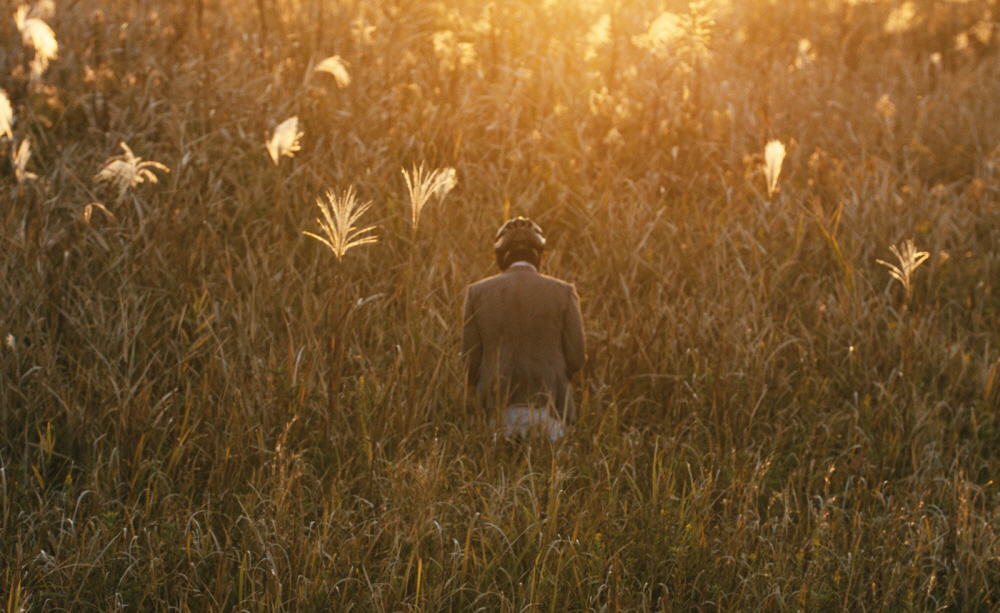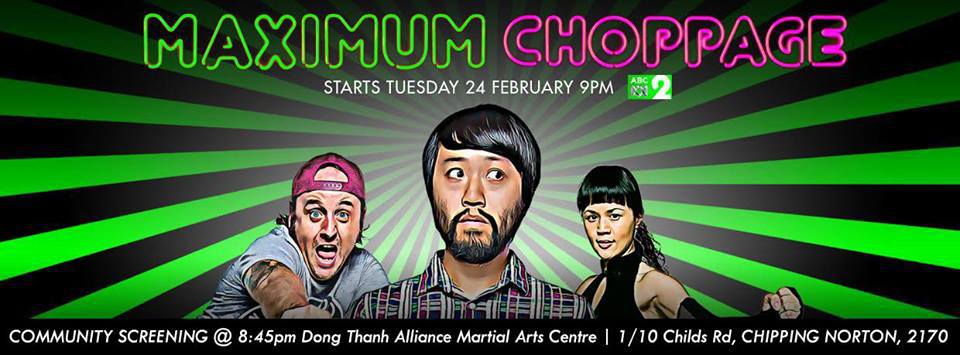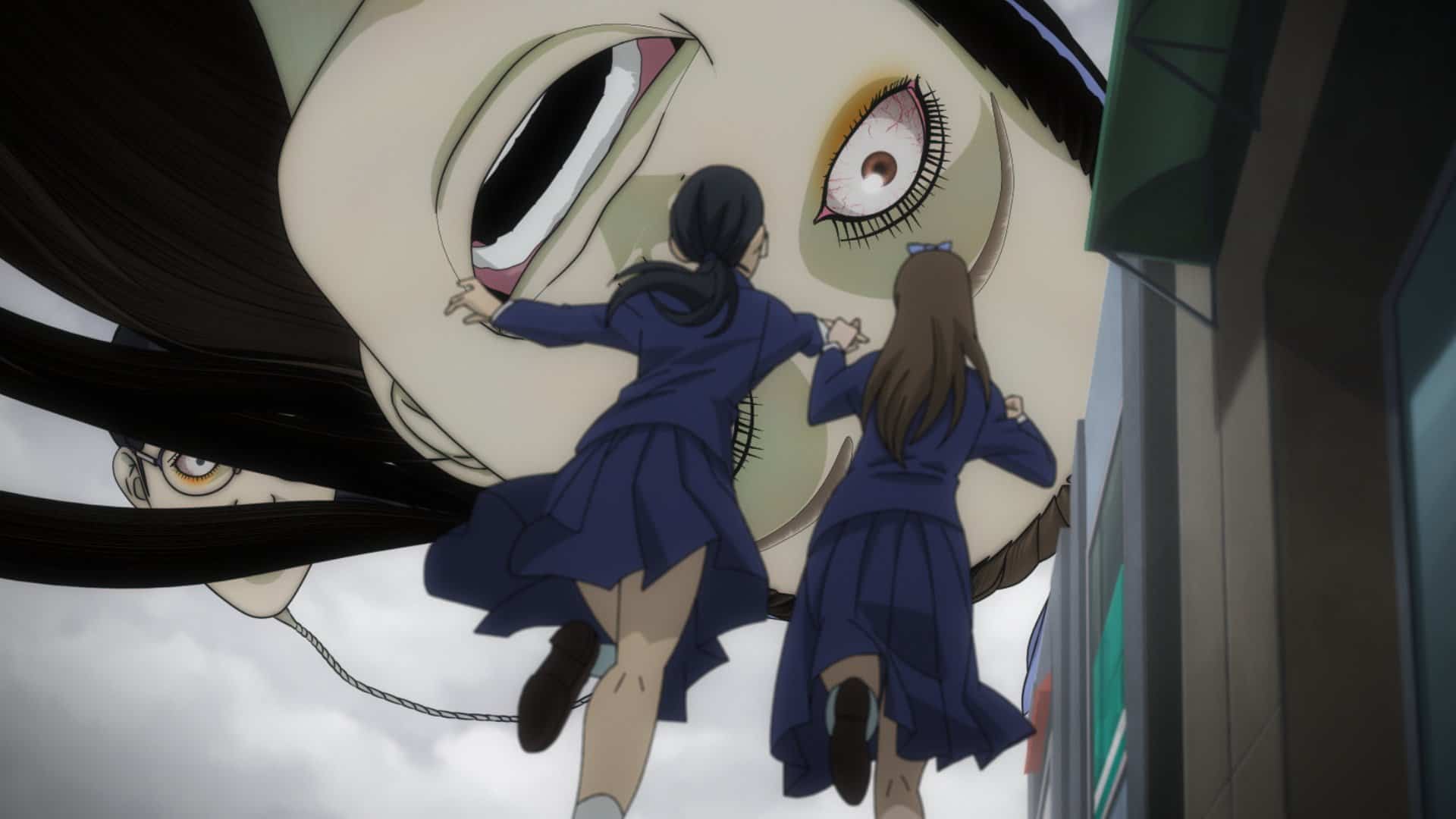Born in 1978 in Yamaguchi Prefecture, Omoi Sasaki studied theatrical performance under Show Ryuzanji. After working in the fishing, demolition, and Pachinko industries, he started making movies in 2004. His short films include Left Out (2009), Meteorite + Impotence (2013) and A Boy Sati (2017). “A Man in God's Country” is his first feature film, and was selected for BIFAN 2021.
We speak with him about the social and political comments of the film, discrimination against people with no children and foreigners, the concept of the Emperor, religion, the casting and many other topics.
What was the inspiration behind the movie?
At the time I wrote the script, I was single and Japanese society puts a lot of pressure on single people, and this is how the idea for the film came about.
Why have you decided to focus on social or political topics?
I decided to choose the topic because there were lots of social changes ongoing in Japan precisely 10 years ago. Partly because of the fact that people who experienced the war and strived for peace over the years have died and the society got used to living in peace and wealth. Some of these people started to think that the pre-war days were beautiful and started to force that outlook. It made me feel quite uncomfortable.
The film shows that the attitude of Japanese people and society essentially is almost racist towards people who do not have children. Is that the actual case?
There is no discrimination any more, or at least we do not hear about such case. In the rural towns, however, the people who grew up in families that are not liberal and still look up at the emperor's family as the ideal one, we do have some cases of discrimination or criticism towards people who do not have children. .
Do you have children now?
Yes.
Do you feel better? Are you more society-acceptable?
Yes. When I went to the park by myself in the past, people would look at me strangely, but now that I am going with my child, everything is fine. I guess this shows the difference.

What is your opinion on the whole concept of emperor?
More than a systemic organization of the imperial household, it's about the people who live there now: the family and the descendants. I want to think of them as people who live more happily and safely than they used to.
In the movie,however, you seem to mock the concept of the Emperor.
My purpose was not to make fun of the Emperor, if there is someone mocked in the movie, it is us, the Japanese people. We perceive them as a symbol of Japan, so they do not live freely, they do not have equal human rights. Mocking ourselves would be simply an opinion equal to mocking our sense of freedom, while mocking one's own nation would be extremely risky if that was the case (laughter)
What is your opinion on religion?
For non-Japanese people the concept of understanding religion might differ a lot. Pre-war generations tended to respect the gods as they were part of the political system, with the Emperor being the Gods' descendant. Essentially, people believed that it is the Emperor who is god. Similarly in the way Christians or Muslims believe in their God respectively. Back then, the youths would grow up with the idea of the god-emperor being instilled in them. That was part of education. And I guess when they became adults, they might also be following the same path – that the Emperor is, in a way, God.
I've just seen an interesting documentary on NHK television from 40 years ago. It was one part of the release whose premise included revisiting old days. It was a story about a pair of pharmacists who built themselves a shrine that supposed to heal ear discharge, known as otorrhea, upon visiting. Even though it was built by common people who ran the drug store, other people would still visit the place and pray for their needs. And since NHK television re-broadcasted the documentary, they could also reflect on it through a contemporary lens. They also showed the place as it looks currently. The drug store is now gone. It became a restaurant. But the shrine is still there. People still come there; they line up and pray, perhaps without a bigger reason, just for the sake of doing it. I doubt whether they know the original idea behind the shrine nor they realize who built it. But this documentary made me think that the sense of religiousness is quite peculiar in Japan.
What about the politicians in Japan, who also seem to be mocked in the movie?
Regarding the ruling party, the Liberal Democratic Party, I just don't trust them. For example, in the past when I visited bookstores, there were a lot of books about how great Japan is and I think this atmosphere was created by the LDP. I also feel that citizens do not trust the party, and this opinion seems to become more and more intense.
The film also shows that the Japanese people are afraid of foreigners. Is that the case?
It is true, because Japan is very isolated. Maybe the case is different for people who live in port towns, but in general, most people are afraid of foreigners.
The film shows a group of youngsters that become very violent towards foreigners. Can you tell us a bit more about this concept, what is your opinion of young people nowadays?
Truth be told, I am not that interested in young people. However, currently, young people are the ones with the most opinions, that is the culture of youth, not only in Japan, but in general, and I respect this culture.
Do you like older people more then?
That I am not that interested in young people does not mean I am more interested in older people. As you know, in Japanese cinema, the protagonists are always young people, so I wanted to shoot a movie that is not about them, but middle-aged people, like the female protagonist in the movie, who is also single. Essentially, I wanted to make a movie about people my age.
Can you give us some more details about the casting?
Asako Ito, who plays Yoshiko, is actually a very famous comedian who appears in many TV shows, and the people really appreciate the way she acts and talks. She is also single, which means she is a perfect fit for the role. Norihiko Tsukuda, who plays Mr Suzuki is a famous theater script-writer and he also appears frequently in stage plays. Hisako Okata is a fantastic actress, and that is why I picked her for the part of the older lady.

Can you give us some details about the cinematography, what you wanted to do in the visual aspect of the film?
The film is both serious and funny, so I wanted the images to have a spiritual “substance” to be solemn, that does not look like the ones in comedy films. Furthermore, the budget was small, so I did not opt for anything ambitious.
Has the film been screened in Japan?
It will open in February 2022.
What is your opinion of the Japanese movie industry?
I do not have much opinion since I am not a part of it.
















